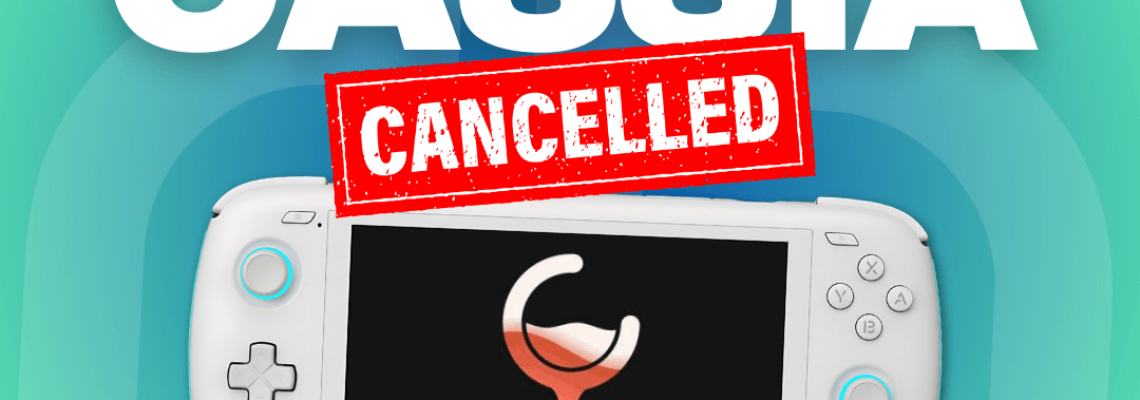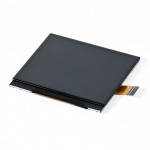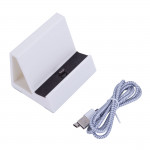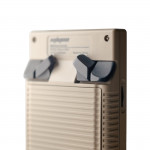Cassia Development Canned

Cassia Development Canned
This year has been difficult for the Android emulator community. Windows emulation is the final fascinating frontier, but it has also suffered since Switch emulation was put on hold while Vita emulation made steady but gradual progress.
The lead developer of Cassia, a planned Windows emulator, declared last night that the project would stop development. Unlike with their previous project, Skyline, there are no legal risks this time; instead, the developers attribute the shelving to their increasing workloads at work and school.
Thankfully, the team has made all of their work available as open-source code on GitHub, so there's always the possibility that another team will eventually take up the mantle. But now, Winlator is the most excellent choice for anyone who wants to run x86 games on their Android devices.
Many Android users were counting on Cassia's now-doomed release because Winlator is notoriously difficult to set up correctly. Since complete compatibility with Steam and other game launchers was one of their stated aims, many emulation enthusiasts hoped that Cassia would be just as easy to start up as Skyline.
What does this signify for Android's prospects as a portable platform? Although Qualcomm's most recent Snapdragon X Elite and chips are known to provide x86-to-ARM translation, this feature is limited to Windows 11; there is no indication that Qualcomm's Android products will incorporate this technology.
The environment for native Android apps isn't as vibrant as you may think. It's a cemetery of inactive and deceased apps, buried by their own developers and companies that strictly enforce their intellectual property. Cassia is their newest neighbor, which is unfortunate.







